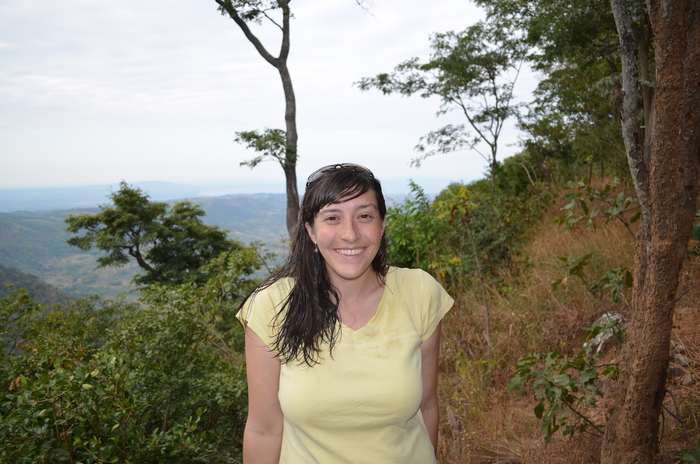
For Liz VanWormer, there's more to health than meets the eye.
"I started out focused on wildlife health," VanWormer said. "But I have grown more and more interested in connections among animals, people and environments – which led me to One Health."
The One Health approach recognizes that the health of humans is connected to the health of animals and the environment.
VanWormer, assistant professor of practice, will start her position as UNL's One Health coordinator in November. She earned undergraduate and veterinary degrees from Michigan State University and a Ph.D. from UC Davis.
Prior to coming to UNL, she spent three years living and working on One Health projects in Tanzania.
"I'm very excited about the opportunity to work with faculty and students at UNL, and in the broader NU system, as well as with Nebraska groups interested in public, animal and environmental health," she said. "The collaborative culture at UNL and the commitment to global engagement offer a wonderful foundation to build One Health teams and projects in Nebraska and abroad."
The unique position is shared between the School of Natural Resources and the School of Veterinary Medicine and Biomedical Sciences, an arrangement that VanWormer called "a great fit."
"We know that environmental change – including climate and land use change – can strongly impact patterns of disease transmission among people and animals," she said. "So drawing upon the expertise of ecologists and environmental scientists in SNR is an exciting way to complement the animal and public health focus of VMBS."
But VanWormer doesn't see the interdisciplinary collaboration stopping there.
"As social determinants of health like poverty, infrastructure and access to health services are a critical part of health at the human-animal-environment interface, I also look forward to broadening collaborations with social scientists, engineers and health communication experts," she said.
Although making the One Health approach accessible across disciplines can be difficult, VanWormer said that she's excited about uniting diverse groups to work on a common cause.
"One of the challenges of working in One Health is providing concrete examples of how individuals with different training and perspectives can work together to improve human, animal and ecosystem health," she said. "I will work on developing those connections and identifying potential research topics in Nebraska where an interdisciplinary health approach can impact real-world health issues."
VanWormer is particularly interested in connections between art and science.
"Working with Stacy Asher (assistant professor of art) and students in the Hixson-Lied College of Fine and Performing Arts opened my eyes to exciting new ways to link graphic design and health communication," she said. "I'm looking forward to learning more about existing interests and projects within and beyond UNL."
Those interested in learning more about One Health and collaborating with the program are invited to contact VanWormer at 472-8483 or liz.vanwormer@unl.edu.
— Mekita Rivas, Natural Resources